Someday, someone will tell the real story of how the COVID-19 crisis came to be. A lot of that will focus on how the Chinese Communists, by keeping the world in the dark about what was happening in Wuhan put everyone at the planet at risk.
They’re the chief villains of the piece – but they’re not the only ones. What the pandemic has done is expose, at least to the American people, how dangerous the ossified, slow to move bureaucracy can be. The way the U.S. Food and Drug Administration hindered the development and distribution of tests and testing equipment until President Donald J. Trump and other members of the coronavirus task force stepped in to cut the red tape is a perfect illustration of the way in large, rule-focused institutions behave in times of crisis.
We can’t afford to let it happen again more than we can allow it to continue now. The president has been tossing out ideas from the White House podium regarding ways the private sector can respond, not only to assist the government in dealing with the crisis but on its own.
That’s a start. There needs to be more free-thinking, especially now that we’re talking about keeping the brakes on the economy for another month. If we’re going to survive, we’re going to have to take risks and be innovative.
It is a puzzlement why, for example, the hospitality industry has not been fully mobilized during the crisis. There are a few hotels in New York City and elsewhere providing free lodging for healthcare workers, but it could do so much more.
Consider the cruise line industry, which has been battered by reports of ships carrying individuals showing symptoms of COVID-19. Many of them have been blocked from entering ports and are instead anchored offshore as the disease spreads. Hundreds of scheduled trips are being canceled by cruise line operators and countless future vacations are being canceled by passengers.
This is potentially ruinous for the industry and has led for calls for an intervention by the government. If we’re thinking innovatively we should be asking how to best utilize ships and crews in danger of being laid up or off to mitigate the spread of the virus. In lieu of a cash bailout, the government might lease the ships and put people to work, helping care either for high-risk populations who have yet to show symptoms of the disease – which will be even easier to do now that 5-minute tests are hitting the market, thanks again to the spirit of free enterprise that is the nation’s hallmark – or turn them into floating hospitals on which those who test positive for the COVID-19 virus can be quarantined.
They wouldn’t have to be at sea. Most American cities, even the ones inland, have ports where they can be berthed. It might require the president or Transportation Secretary Elaine Chao to waive the Jones Act for this purpose only so that foreign-flagged cruise ships could move from one coastal or inland U.S. port to another without having to meet the Jones Act requirements of calling at a near foreign or foreign port before doing so.
Cruise line operators should think about converting their assets into floating care centers while they plan for the post-COVID-19 future of the industry. Cruise ships can be quickly, easily, and efficiently converted and operators can work with the coronavirus task force to identify where they’re needed.
If this strategy works, it can be replicated around the world. Cruise ship design allows for ample conversion from leisure to quarantined accommodations for patients, one to a cabin, including cabins for doctors, nurses, and orderlies. There is ample additional on-board public space to convert to fully functioning hospital use, triage, and nurses’ stations. These vessels feature have state of the art communications centers, have power plants and climate control and industrial kitchens, and, most importantly, can be moved from city to city as disease clusters ebb and flow.
The ships are ideal and available as are the crews that currently man them. And a conversion such as proposed here could add additional vital information needed to flatten the curve while helping to mitigate risk while scientists and immunologists learn more about the disease, find ways to cure it and race toward a vaccine at lightning speed.
Cruise ships can play a vital role in providing a viable alternative for the COVID-19 and non-COVID-19 patient population as needed. Either way, cruise ships and crew that are not operating because of the current crisis are a potential resource that ought to be considered when we’re looking for ways to deal with what we know will be a sudden but hopefully temporary influx of sick people that threatens to overwhelm the healthcare system as currently organized.
Explore our interactive COVID-19 map below to learn about the latest updates from every state!
Advertisement
Do You Approve of Trump’s COVID-19 Response? [TAKE THE SURVEY]

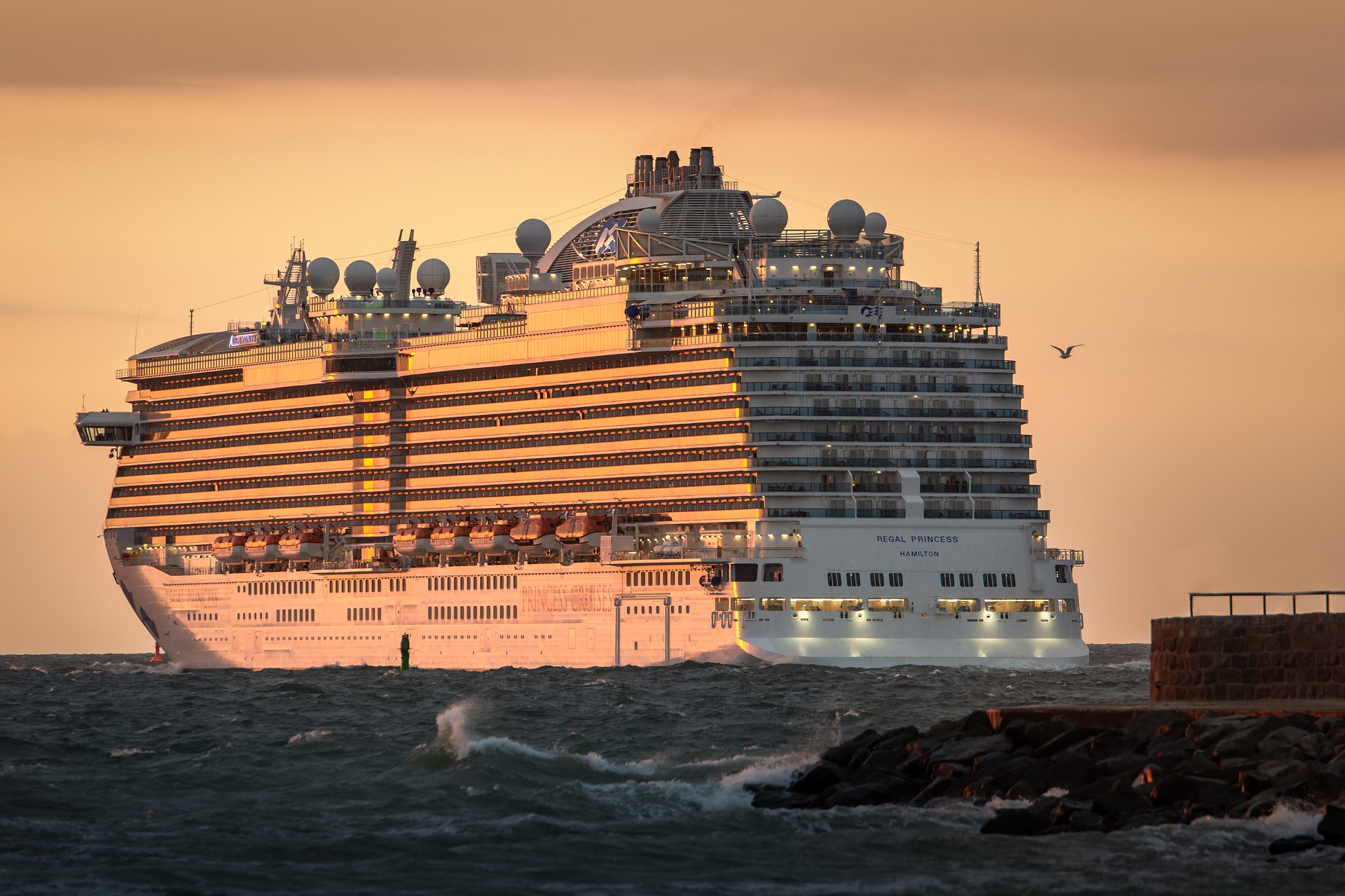

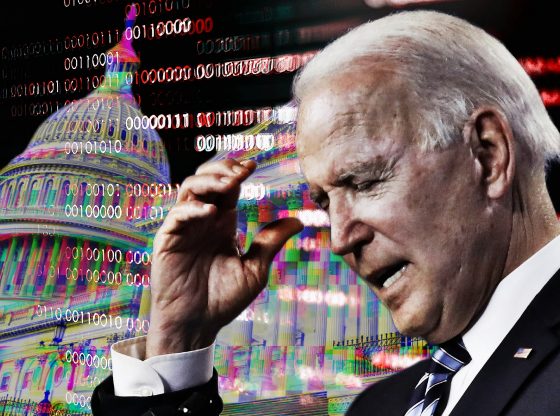
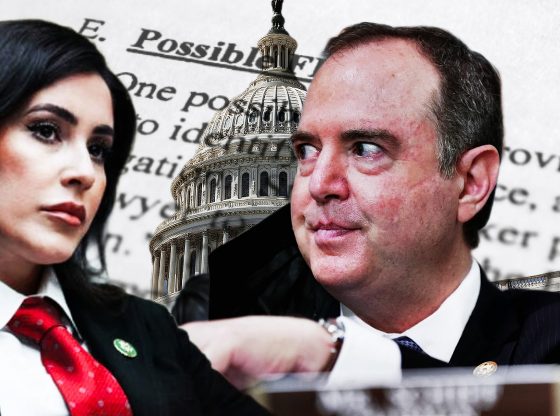

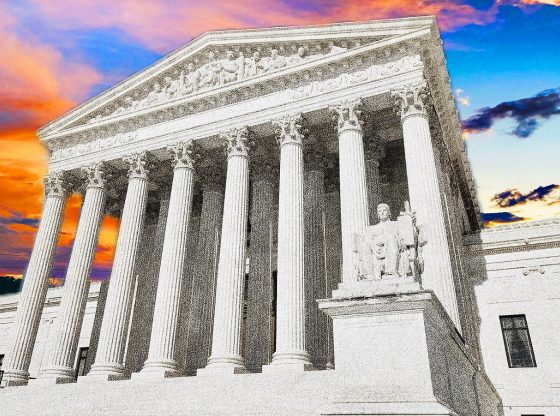

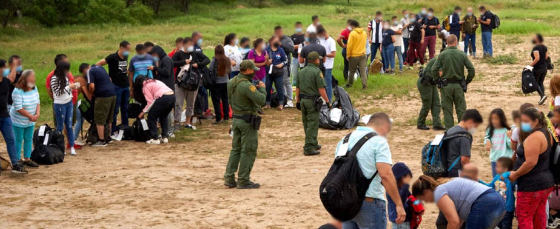
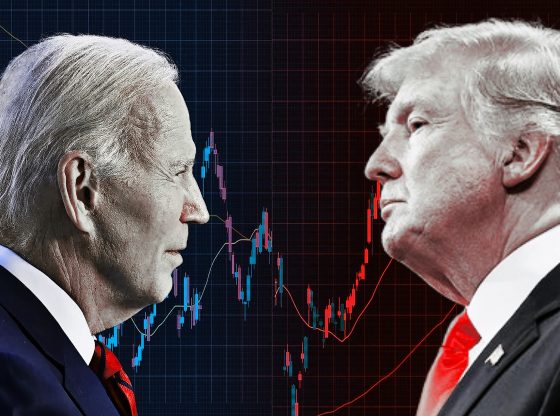
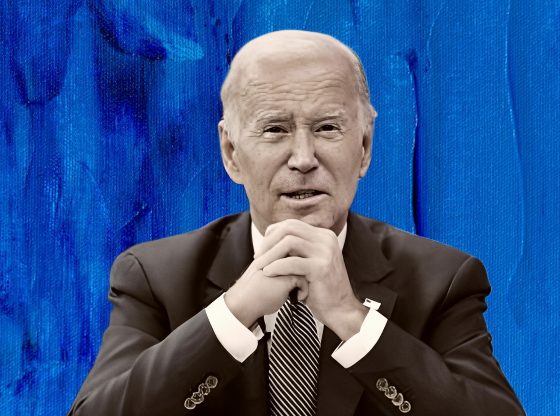




It could happen if smart people are involved.
This is the Government Unfortunately They Seem to Lack Smart People Most of the Time!
seems like a good ideal to me
Most cruise lines if not all are registered in foreign countries to avoid paying tax to the U.S.. Why should the American tax payer bail them out?
Even if the ships were used for the purpose stated, we would still need qualified nurses and doctors on board, and we all know what short supply these brave people are already.
As a result, I believe this is the reason for not doing this.
Seems logical, but does this turn the entire crew into slaves with no choice but to serve on a ship full of sick people nobody else will house?
If I where a crew member, this would be the point of my departure. I didn’t sign up to be a nurse to a ship full of infected people. I would gladly accept a room at the Ritz until it all blows over and MY safety is of concern.
The ‘Hotel” staff on these ships are typically college age European kids that are not qualified to attend to “ill” people. And beside that as a U.S. Merchant Marine Officer I find it highly insulting that we are even thinking about the welfare of foreign shipping companies. Many of whom have have gotten large fines for dumping trash overboard in the Keys, pumping sewage into Seattle harbor and the inland passage up in Alaska. They have taken billions out of the American economy over the years. They should be on their own. Let their flag state dig them out, or their own pockets, not the American tax payer.
If you want to help the cruise industry, help the American flagged lines.
Just another dumorat story to make you feel sorry for a multi billion dollar company to bail out with taxpayer monies…while youre on lockdown unemployed and savings are going fast…the US has hospital ships for that very purpose lready staffed with drs. nurses etc..already paid by taxpayer monies..paying twice for one thing doesnt sound good to me